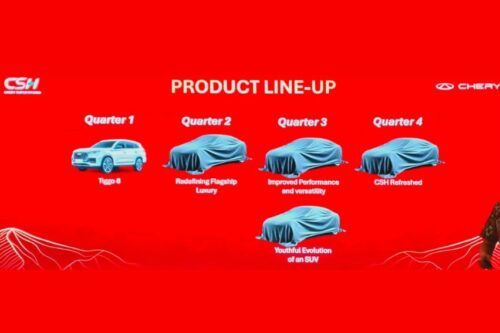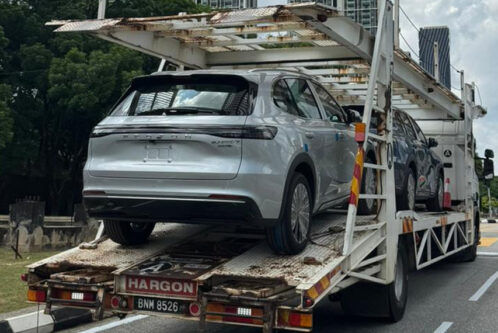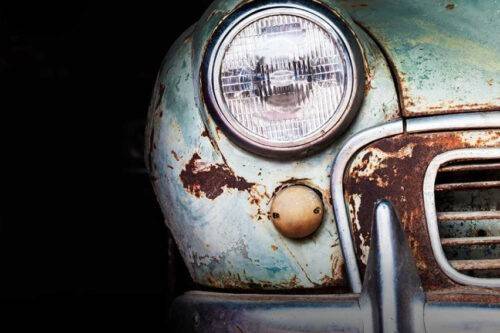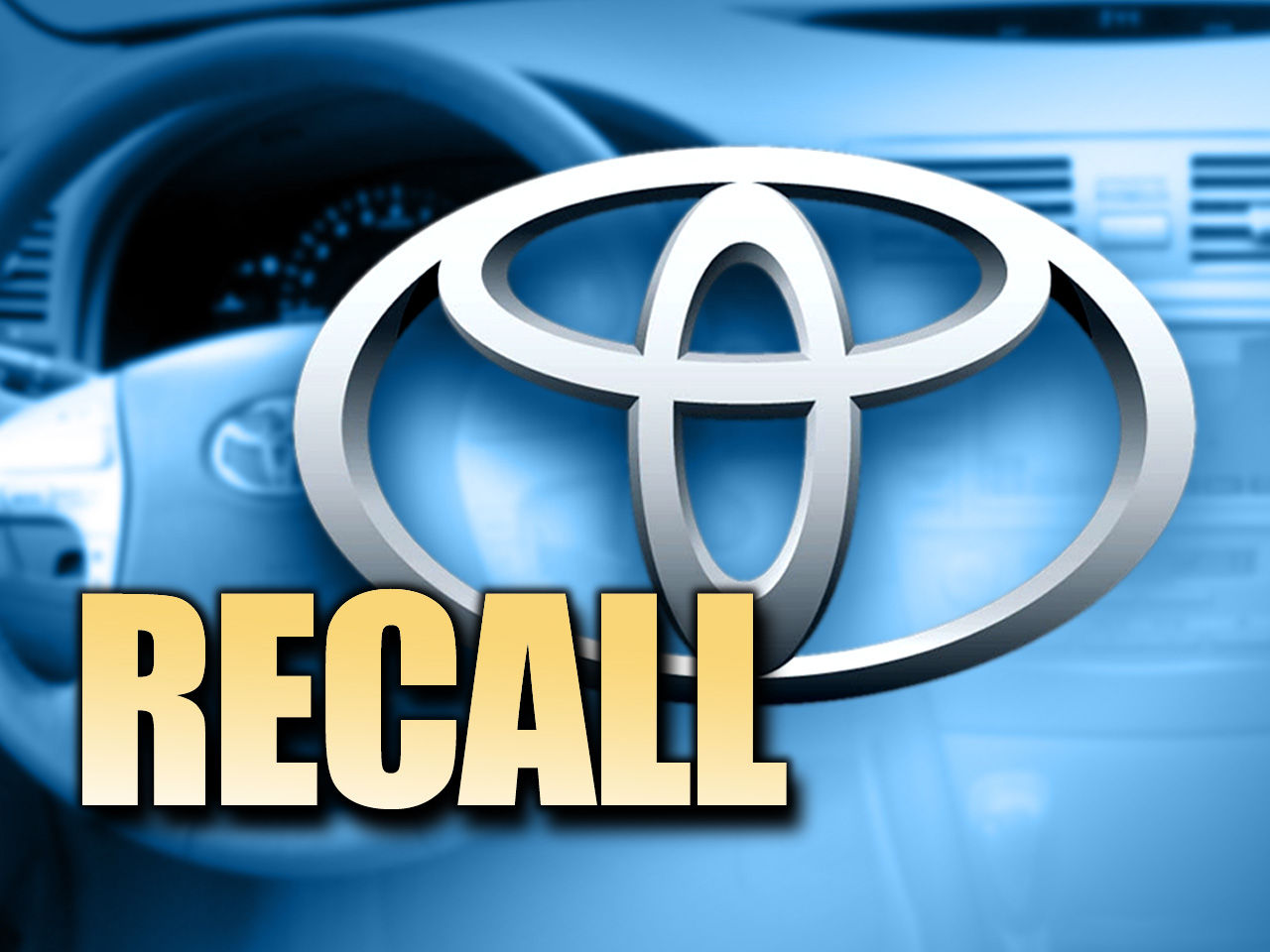Most basic car care tips one should know and follow
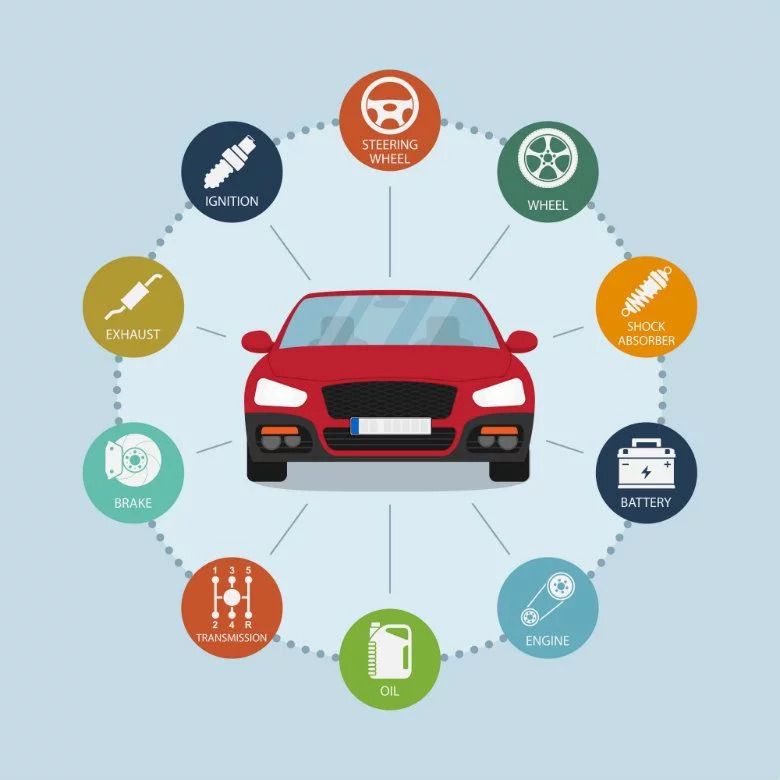
- KEY TAKEAWAYS
- Basic Car Maintenance Tips
- Read the Owner Manual
- Learn to check the tire pressure
- Wash your car frequently
- Don’t forget to wax your car
- Keep the oil and oil filter
- Check windshield wipers
- Engine cleaning is a must
- Keep the car covered
- Check belts and hoses
- Keep an eye on the headlight
- Tell-tale signs know-how
- Check the spark plug
- Battery maintenance
- Cabin cleaning
- Fuel economy
- Check the brake fluid
- Timely replacement of cabin air filter
- Follow a maintenance schedule
- Bottom line
Buying a car is one task and keeping it with love and care is another. Most new car owners are hands-on when it comes to car care however their lack of knowledge and experience limits them to keeping the car neat and tidy.
KEY TAKEAWAYS
Why is it important to carry out regular maintenance of the car?
Regular car maintenance is beneficial in terms of the longevity of a car. It will ensure the smooth functioning of the vehicle.What does the oil warning light indicate?
It could mean several things including a blockage, low oil level, or foaming of the oil.What fluids does a car need?
The six essential fluids that every car needs are engine oil, transmission fluid, brake fluid, coolant, power steering fluid, and windshield washer fluid.What color is clean oil?
Clean engine oil is usually a light amber color.Is it necessary to service car every year?
Car must be serviced once in year or after every 12,000 kms of drivingHere we are to help both new and old car owners know the basics of car care, thus adding a few more years to their car’s life and lessen the workshop visits. These general car maintenance tips will help car owners detect any performance tempering problem beforehand and resolve them at the earliest.
Basic Car Maintenance Tips
Read the Owner Manual
It may sound boring but it is the most read. The owner manual is the holy grill when it comes to car maintenance. Here one finds item-wise information about the vehicle. For example, one is likely to find information about the key, remote control, fuel, driving aid security, child safety, security, car specs, and much more. In case you have lost your copy, you are most likely to find it online on the manufacturer’s website.
In addition, the manual helps the owner learn several useful car-related skills, like changing flat tires, installing a car set, unlocking a locked door, and much more.
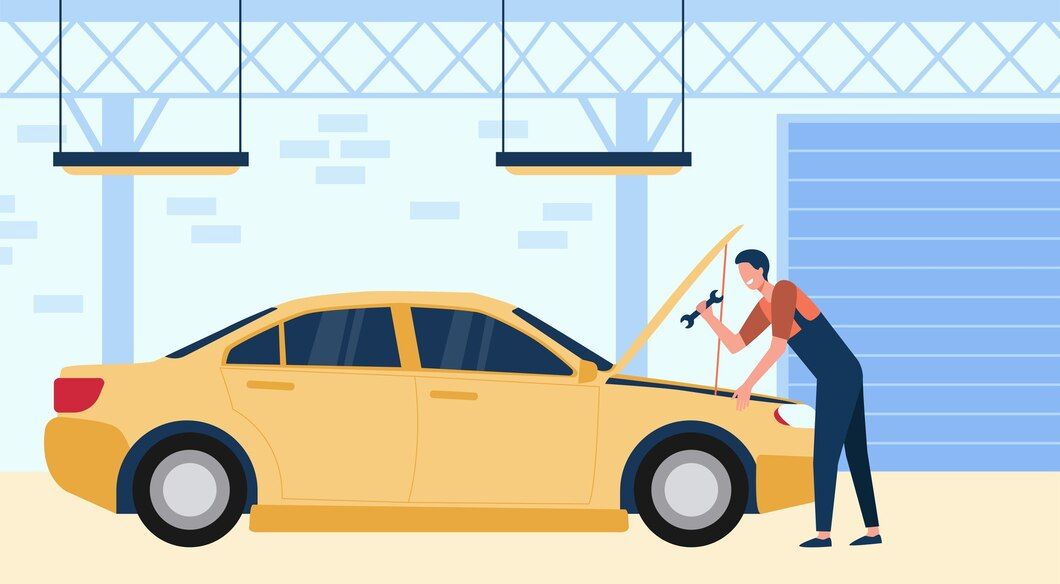
Learn to check the tire pressure
Maintaining the correct tire pressure is very crucial when it comes to keeping your car mobile. Also, maintaining incorrect tire pressure cuts a few years off your car’s life as it causes wear and tear and on rare occasions even may lead to a tire burst.
Experts suggest maintaining an optimum tire pressure (which one could find in the owner's manual). In addition, car owners are suggested to use pressure-checking devices at home to ensure adequate reading is maintained at all times. That being said, don't skip the visual inspections for cracks and wear & tear.
Wash your car frequently
Keeping your clean may seem like a trivial task but it is a very essential tip. The vehicle’s exterior is exposed to heat, dusty wind, rain, bird droppings, and whatnot, all of which damage the car’s body and paint. Thus reducing the vehicle’s value drastically.
Regular washing not only prevents corrosion but also preserves paint.
Don’t forget to wax your car
Car cleaning should be a daily activity however that is not the case with waxing. After washing the car thoroughly its surface should be waxed which in turn will prolong the
to check paint life and prevent corrosion.
Keep the oil and oil filter
Yes, changing the oil and oil filter comes under basic car maintenance checklists. All this may sound like a tedious task but believe it when we say it's no brains. In just a few simple steps you’ll make your car run smoothly.
Before moving into the steps to go about changing, let’s first know what is the role of oil and oil filters in a car. As we all know a car is a complex machine with several moving parts and keeping them all running smoothly is the oil and oil filter. The oil not only lubricates the parts but also absorbs heat created due to friction. As for the oil filter, it keeps the oil clean and contamination-free.
Both oil and oil filters need to change after prolonged use as they acculturate dust and other harmful particles that will get in the way of the part's smooth movement.
Worried about changing the oil and oil filter, well don’t be as it is a very simple process that even beginners can perform. Here’s the step-by-step guide
- Locate the oil drain plug with the help of the user manual
- Remove the old oil and replace the oil plug
- Remove the old oil filter and lubricate the new oil filter with oil before installing
- Pour new oil until the required limit
- Place the cap back and ignite the engine to check for leaks
- Take a dipstick and check the level, add more, if needed
Check windshield wipers
Worn-out windshield wipers should be the owner's top priority. As a clean unit, it will offer the highest level of visibility. A worn-out piece can be detected through signals like blades that do not effectively remove stains, leave streaks, and skip. Also squeaking noise is another indication of a damaged wiper.
It is generally recommended to replace wiper blades every 6 to 12 months depending on the usage and wear & tear. It is advised to periodically inspect the rubber strips on the blade as they might show signs of cracking. It is advisable to give the blades an occasional wipe with a damp rag to remove any debris.
In most cars changing windshield wiper blades is an easy and self process. All one needs to do is follow the instructions given in the owner’s manual.
Engine cleaning is a must
When we say engine cleaning, it means keeping the unit tidy inside and out. While internal cleaning is taken care of by using clean fuel, the external dusting off is equally important as it helps identify leaks and remove debris from the surface. The latter can damage the unit that if not checked on time may burn a hole in the pocket.
Try maintaining a full-fuel tank
It is important to fill up the gas tank as it helps prevent moisture from building up in the tank. Experts also suggest the usage of a fuel stabilizer in the tank as it helps to keep the fuel lines and prevent engine corroding when the car is not running for a few months.
Keep the car covered
The car cover must be used regularly and must be of good quality as it will lock out moisture and allow airflow.
Check belts and hoses
If you want your car to run smoothly and prevent a breakdown on the road, it is advisable to keep its belts and hoses in good shape. One such belt is the serpentine belt that helps power the alternator, air conditioning, and power steering pump. A damaged unit can cause serious damage to the engine.
It is advisable to check the belts every time the oil is changed as it will help avoid expensive repair work.
Keep an eye on the headlight
A driver must occasionally check the headlights to make sure they are correctly positioned. This can be done by turning them on while standing in front of a level plane. Also, don’t forget to examine the parking indicators, brake lights, and turn signals.
Tell-tale signs know-how
Every driver should be familiar with the range of warning indicators that flash on the vehicle’s dashboard. Some of the warning signs include the presence of open doors, absence of seatbelts, use of economy mode, malfunctioning power trains, and much more.
Check the spark plug
Only if the spark plug is in good working condition the car will ignite at once. The best part is it is very easy to judge if an air filter is faulty or if it is going to put the owner on the spot anytime soon. Here are a few indications of a faulty spark plug
- Struggle with car ignition, a few attempts are needed to actually power the engine
- A drop in fuel economy is also a big indicator of a faulty air filter, given everything else is working fine
- Enhanced noise and vibration in an idle car is a big indicator of a spark plug discrepancy
- A dip and uneven acceleration record points towards a faulty spark plug
Battery maintenance
The basics of car batteries can be learned via the owner's manual and even the internet. Things one should know about it are - the location, disconnection process, and cleaning of terminal contact points.
Here are things to remember while cleaning the battery
- Always disconnect the negative terminal first as it will effectively cut off the electric supply and reduce the chances of an accident
- Clean the contacts via brush which are safe to use on batteries
While reconnection remember to connect the positive terminal first
Cabin cleaning
The market is filled with creative cleaning gadgets which allows the car owner to save a lot of money that is otherwise spent on car wash services. For instance, a blob of slime can be used to clean air vents, gear sticks, and the tricky part in and around the steering wheel.
Fuel economy
It is an open secret that the better a car is maintained, the better will be its fuel economy. Also, maintaining the economy is lighter on the pocket compared to the money spent on fuel.
How to maintain a car’s fuel economy? Will it be done via maintaining an average speed as prolonged speed fluctuations and rash driving take a toll on the car's mileage? Also, avoid burdening the car with heavy weights as mileage has an inversely proportional relationship with mileage.
Check the brake fluid
A car is a complex machine and so is the braking system. Taking care of the brake fluid that helps in the proper functioning of the entire system. Therefore, owners need to make sure the fluid has not gone bad and is present in adequate amounts.
Timely replacement of cabin air filter
A car’s air conditioning system performance to a great extent depends on the air filter. Their timely replacement ensures proper cooling and clean flow. However, unlike the rest, this task requires a mechanic.
Follow a maintenance schedule
One of the easiest ways to take good care of your car is by following a maintenance schedule that manufacturers expect owners to follow. Part of the regular maintenance schedule includes regular health check-ups via trained technicians.
Owners should keep records and receipts of such check-ups as it will help them track the changes done and what needs to be done.
Bottom line
Depending on the make and model of the car, maintaining it could put a slight dent in your wallet. However, being proactive and performing preventative maintenance could not only save you a fortune but offer longevity to your car.
Malaysia Autoshow
Trending & Fresh Updates
- Latest
- Popular
You might also be interested in
- News
Featured Cars
- Latest
- Upcoming
- Popular
Latest Car Videos on Zigwheels







